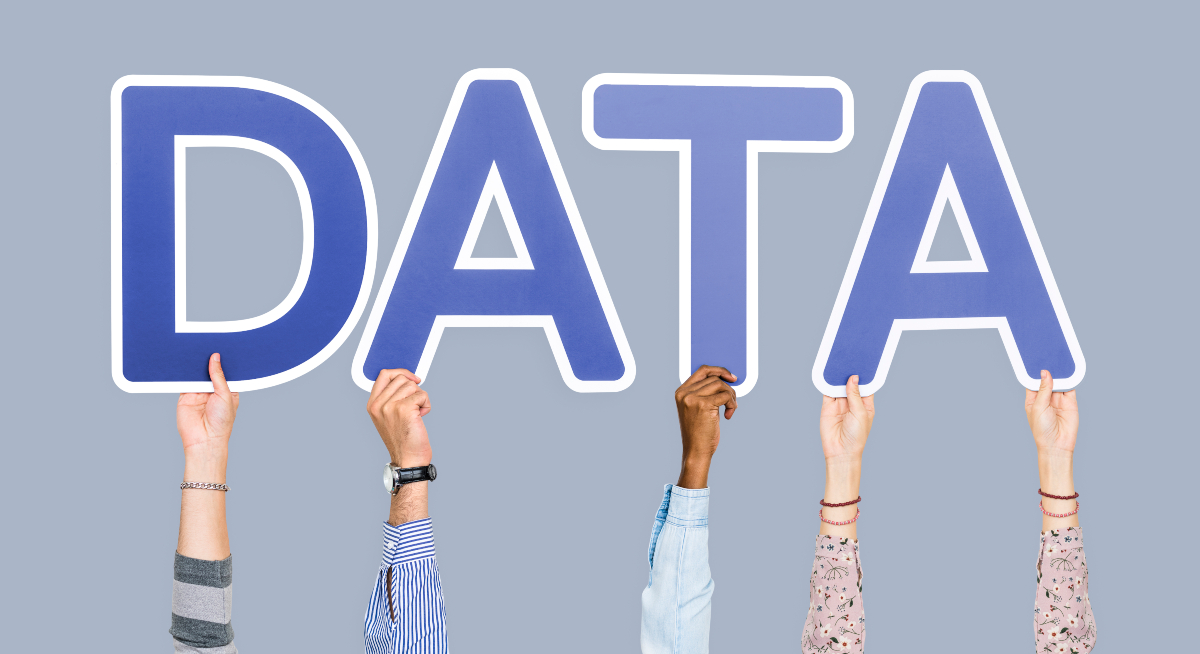“When we think about the best data products, they’re the ones that really enrich our lives with the underlying capability”. Hilary Mason, General Manager of Machine Learning.
Even though the actual concept of big data seems recent, it has been used for more than 50 years. The first data centers that used this term started back in 1960. Nonetheless, it wasn’t until 2005 that the tech community really realized the fast and vast quantity of data generated by platforms like Facebook and YouTube.
Likewise, codes for big data, like Hadoop and NoSQL, were used a lot more in 2015. These two are open code frames to store and analyze big chunks of data, but what do we know today as big data?
A Big Cake of Big Data
 Photo by: Freepik
Photo by: Freepik
As you can tell, the fact that big data exists means that there’s also “small” data. So, what makes it so “big”? Big data is data that presents itself in big volumes that are constantly growing with a great variety and at a very high speed. Therefore, so many variables are collected in such a short amount of time that is overwhelming for a human being to try to process all of it.
As if there weren’t enough slices of cake, the Internet of Things (IoT) constantly generates more cakes of data than a person can consume. So, how do we process all this big data?
Hilary Mason mentioned that we should let machines do the “things machines are really good at, but people tend to be bad at, such as using a very large volume of information to make decisions”.
Innovative enterprises have showed up and propose that companies make use of this big data to increase their savings and upgrade their business. Learn how here.
If you’re looking to make use of big data, Technology HUB can advise you.
Some Applications of Big Data
 Photo by: Rawpixel
Photo by: Rawpixel
If you’re wondering how big data can help your company, here are some examples to get creative.
Product Development. Make use of the collected data and analysis of interest groups, social media and markets to plan, produce and launch new products.
Predictive Maintenance. Big data can help you predict mechanic failures before they even happen! This way you can profitably implement maintenance services with time and in an organize way.
Client Experience. Through the compilation of data in social media, web page visits and phone call registry you can boost the client experience with the analysis of data.
Detecting Fraud. While big data concentrates large volumes of information to generate normative reports, it can identify patterns in the data that indicate fraud.
Autonomous Learning. Forget about programming machines, thanks to big data, they can learn through autonomous learning models.
Operating Efficiency. Big data analyses and evaluates production, client’s reviews, returns and other factors so you can always have stock and foresee the demand.
If you’re interested in technological topics, you should know that the third generation of the binational program “The Bridge Accelerator” has started.
Cover Photo by: Rawpixel

